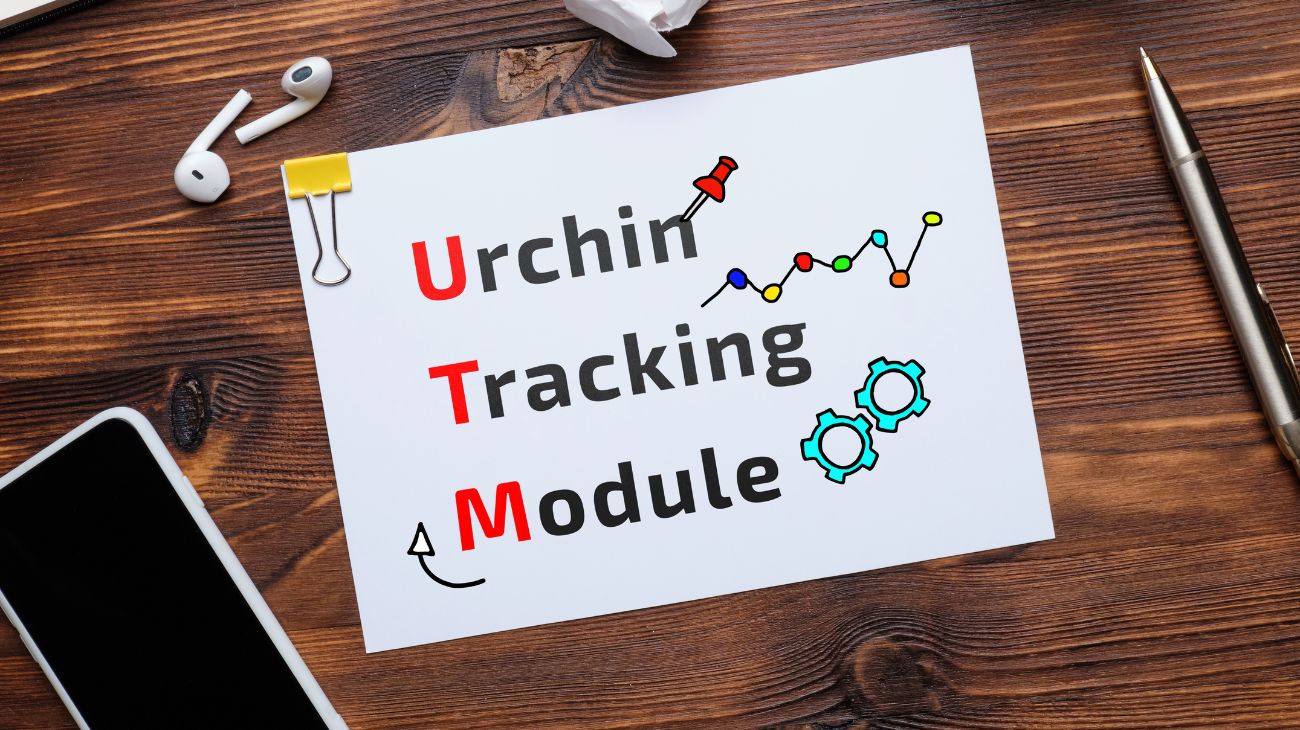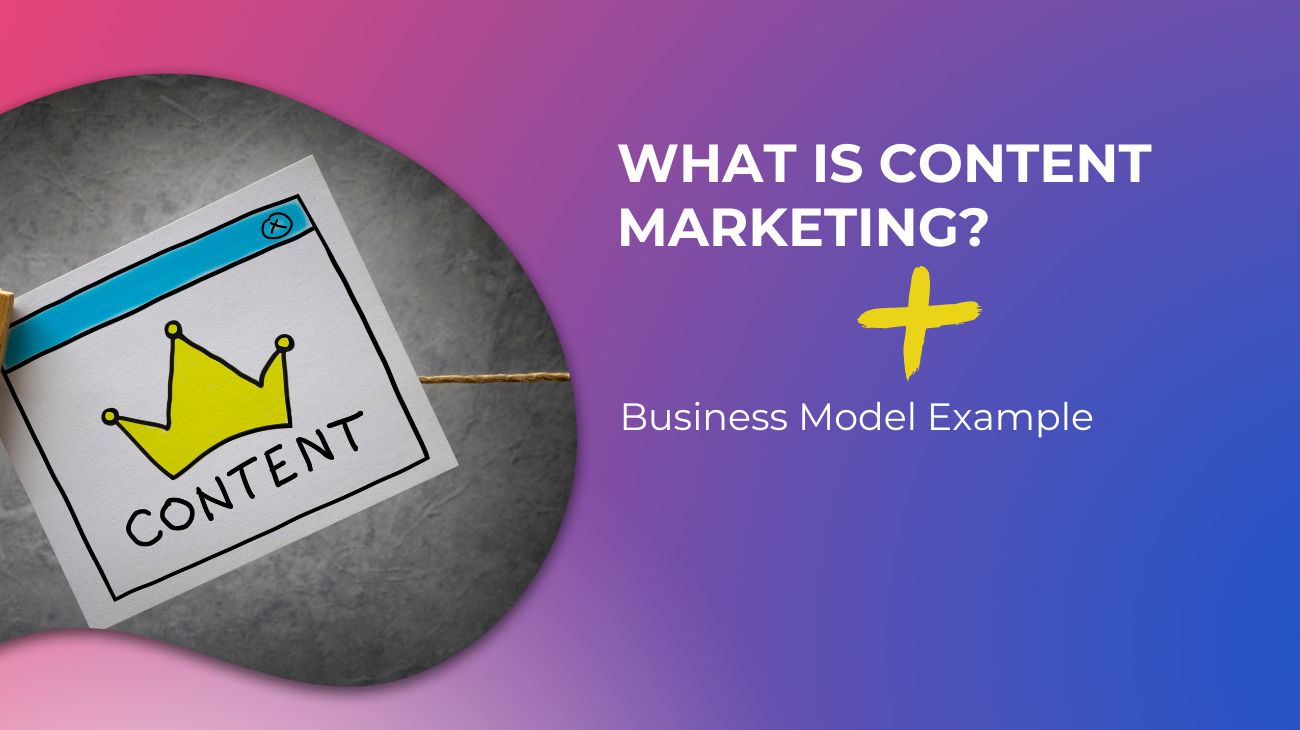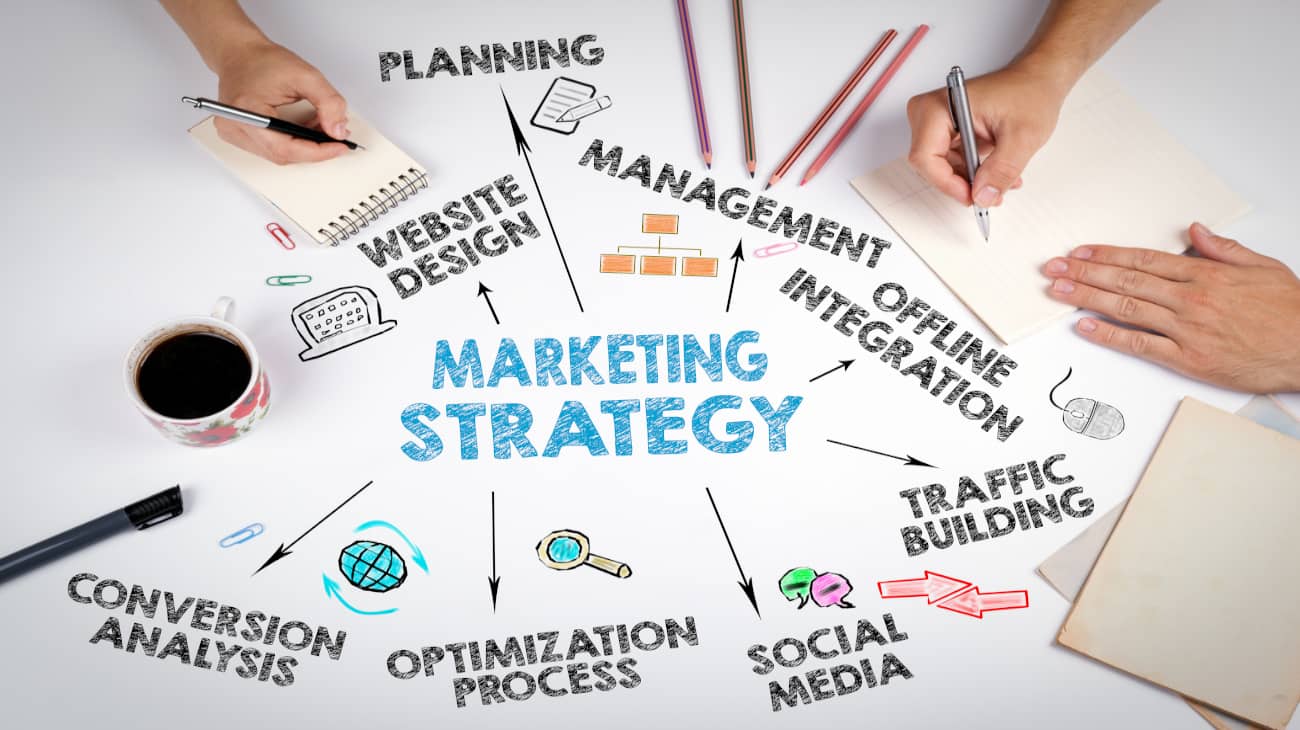- Introduction to web analytics: Tool configuration and practical example on our blog
- What are keywords and how to choose them properly using Keyword Planner
- Tracking traffic sources for analytics: Introducing UTM tags
- How to perform a simple web audit using PageSpeed Insights
- Alternatives to UTM: Do Shortened Links Bring New Possibilities?
- Website optimization basics: How to improve performance and loading speed
- Unlocking the Potential: How Google Analytics Can Optimize Your Affiliate Marketing Conversions
- Why is Link Building important for your website?
- Feedback Kickoff: Starting Gathering first readers opinion using our 3 example.
Website optimization is a very important aspect, above all, the page loading speed is crucial for the User, every second of longer loading may cause our potential customer to leave our website. Another important element is the impact on your position in Google search engines. Less efficient websites will rank poorly. Therefore, it is necessary to optimize your website well.
Appropriate hosting
If we choose poorly performing hosting, even a very well-optimized website will not help us. It all depends on our specification, if it is to be a simple website, there will be no need to buy VPS or dedicated hosting. Such solutions are for websites where the traffic is much higher. In the case of smaller and larger websites, it is also worth paying attention to whether the hosting is on an SSD and not an HDD. Not only the speed of hosting matters, but also its reliability.
Image optimization
Large images placed on the website can slow down the loading of our website, so it is very important to place photos on the website in the right size. Appropriately sized photos are not everything, they also need to be compressed. There are many tools that compress images without losing quality, I use an online tool called compressor.io. Also make sure you are using the appropriate image formats.
Optimization of CSS and JavaScript code and files
Another aspect of our website is its code. If we have complicated or unused code on the website, it is a big mistake because it slows down the loading of our website. Therefore, code that does not serve any function on our website must be deleted, and the used code is compressed. I recommend minifier.org for compressing css and js code, and textfixer.com for html code.
Use a CDN (Content Delivery Network)
Content Delivery Network (CDN) is a network of servers located around the world, thanks to which it is able to deliver content from the nearest server where the User is located. I definitely recommend cloudflare.com.
Use cache technology
This technology will allow the page to load faster for users who return to the website. This happens because after entering the website, Cache stores a copy of the website or its elements on the server or device from which the User enters. The condition is that you must enter from the same device as before. Depending on the settings, the caches are cleared after some time.
Summary
The above examples of website optimization are not everything, but it is worth starting with these. If you have neglected the above points, your website will surely load slowly. After implementing the issues from this article, your website will gain momentum and its loading will be much faster. Website optimization is a continuous process, so you need to constantly work on the website, there are even more factors that influence our website, in this article I have listed only the most important ones.
Our Social Media
I encourage you to subscribe to us on your favorite social media platform to get updates on when we will publish new articles:
– Facebook
– Twitter
– Instagram
– Blogelist.TV: Blogelist, SmallBusinessHack
All social media links: Social Hub
This series is cross-published in SOWER Blog. It is created as non-paid cooperation as workload exchange. In this season, you can read half articles written by a Blogelist representative and the second half by SOWER.
The Polish version of this article is published in SOWER Blog here.




